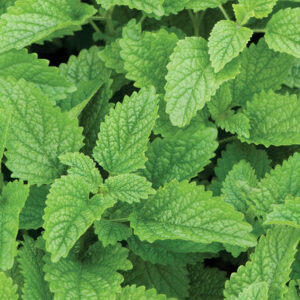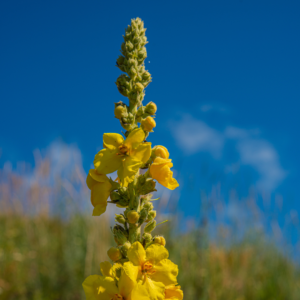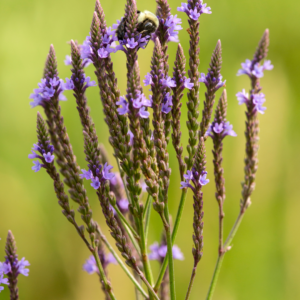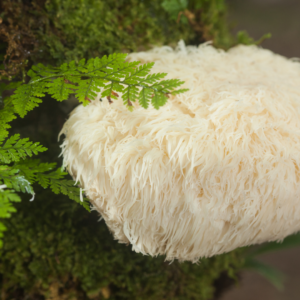Lemon Balm Tincture
Suggested Use: Shake well before use. Take 10-20 drops, 2 to 5 times a day. Can be taken in water.
Ingredients: Melissa officinalis (Lemon Balm) aerial parts
Other ingredients: Alcohol (45-55%)
Latin name
Melissa officinalis
Origin
Southern Europe
Parts used
Leaves and flowers
Lemon Balm Tincture
Lemon Balm Tincture has been used for centuries as a natural remedy to treat various medical conditions. It is extracted from the leaves of the Lemon Balm plant, which is part of the mint family. The use of Lemon Balm Tincture is becoming increasingly popular due to its many health benefits, and it is often recommended as a natural alternative to prescription medication.
One of the most well-known benefits of Lemon Balm Tincture is its calming and relaxing properties. The tincture is often used to treat anxiety, stress, and insomnia, and it has been shown to help reduce the symptoms of depression. Lemon Balm Tincture works by increasing the levels of GABA in the brain. GABA is a neurotransmitter that helps to calm the nerves and reduce anxiety, making it an effective natural alternative to prescription medication.
In addition to its calming properties, Lemon Balm Tincture is also used to treat digestive problems such as bloating, gas, and indigestion. It has been shown to improve digestion and reduce inflammation in the gut, making it an effective remedy for a range of digestive issues. Lemon Balm Tincture can also help with nausea and vomiting, making it a great natural remedy for morning sickness in pregnant women.
Lemon Balm Tincture has antiviral properties and has been shown to be effective against a range of viruses, including herpes simplex virus and HIV. It is also believed to have antibacterial properties and may be effective against a range of bacterial infections. This makes it a great natural alternative to prescription medication for infections.
Furthermore, Lemon Balm Tincture has been shown to have antioxidant properties, which can help to protect the body against damage from free radicals. It also has anti-inflammatory properties, which can help to reduce inflammation in the body and prevent chronic disease.
Lemon Balm Tincture is a versatile natural remedy that is easy to use and can be taken orally or applied topically to the skin. It is often used in aromatherapy and can be added to baths or used in massage oils. It is also used in skin care products due to its antibacterial and anti-inflammatory properties.
In conclusion, Lemon Balm Tincture is a natural remedy that offers a range of health benefits. It is a safe and effective alternative to prescription medication and can be used to treat a variety of medical conditions. However, it is important to speak to your healthcare provider before using Lemon Balm Tincture to ensure that it is safe for you to use.
Although Lemon Balm Tincture is generally safe for most people to use, there are some contraindications that should be considered before using it. One of the most notable side effects of the tincture is drowsiness, which can be particularly dangerous when operating heavy machinery or driving. Therefore, it is important to be cautious and avoid these activities after taking the tincture.
In addition, Lemon Balm Tincture may interact with certain medications, such as thyroid medication and sedatives. It is essential to consult with a healthcare provider before using the tincture if you are taking any medications, including over-the-counter medications, to avoid any potential interactions that could lead to adverse effects.
Moreover, if you have an underlying medical condition, it is important to consult with your healthcare provider before using Lemon Balm Tincture. This includes conditions such as liver or kidney disease, heart disease, or any other medical conditions that could be affected by the tincture. Your healthcare provider can help determine if the tincture is safe for you to use and provide guidance on appropriate dosage.
Finally, Lemon Balm Tincture should not be used by pregnant or breastfeeding women without first consulting a healthcare provider. While there is no evidence indicating that the tincture is harmful to pregnant or breastfeeding women, it is crucial to seek medical advice before using it to avoid any potential risks to the developing fetus or nursing infant.
In summary, while Lemon Balm Tincture has numerous health benefits, it is important to be aware of the contraindications before using it. Consulting with a healthcare provider can help determine if the tincture is safe for you to use and provide guidance on appropriate dosage. By considering these contraindications, you can make informed decisions about using Lemon Balm Tincture as a natural remedy.
None of these items or statements are approved by FDA. Consult your physician before taking any supplement. Do not take herbs or tinctures during pregnancy without consulting your healthcare provider. This product is not intended to diagnose or treat any disease. All information here is for entertainment and educational purposes only.
*This statement has not been verified by the FDA and is only referenced here as a fun fact and/or for historical commentary, is not to be used as medical advice in any way. Consult your doctor before ingesting any herbal product.
Store in a cool dry area away from direct sunlight with the lid tightly sealed






